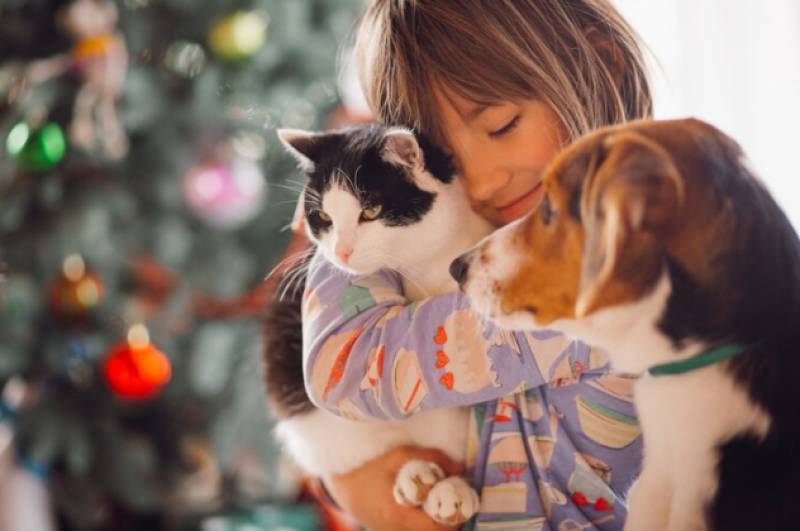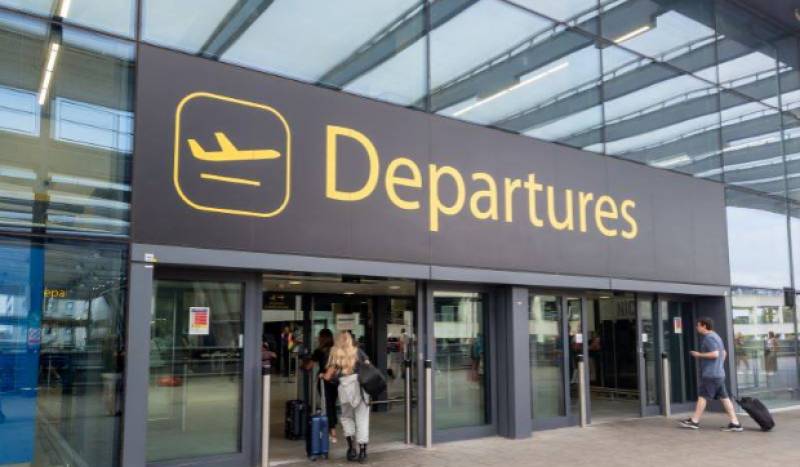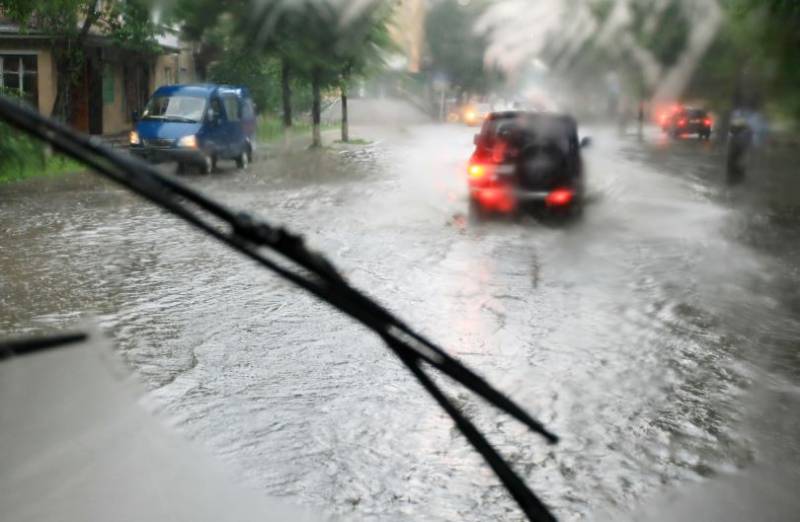- Region
- Vega baja
- Marina Alta
- Marina Baixa
- Alicante
- Baix Vinalopo
- Alto & Mitja Vinalopo
-
ALL TOWNS
- ALICANTE TOWNS
- Albatera
- Alfaz Del Pi
- Alicante City
- Alcoy
- Almoradi
- Benitatxell
- Bigastro
- Benferri
- Benidorm
- Calosa de Segura
- Calpe
- Catral
- Costa Blanca
- Cox
- Daya Vieja
- Denia
- Elche
- Elda
- Granja de Rocamora
- Guardamar del Segura
- Jacarilla
- Los Montesinos
- Orihuela
- Pedreguer
- Pilar de Horadada
- Playa Flamenca
- Quesada
- Rafal
- Redovan
- Rojales
- San Isidro
- Torrevieja
- Comunidad Valenciana
article_detail
Date Published: 19/06/2024
Furry friends forever: Costa del Sol clinic now offers pet cloning
The Marbella clinic is the only facility in Spain that clones dogs and cats

In the sunny climes of the Costa del Sol, a unique service is now available for pet owners who just can't bear to part with their furry companions. Enter Marbella's one-of-a-kind clinic, where the magic of science meets the love of four-legged friends. For a cool 55,000 euros, you can now clone your beloved dog or cat, creating a genetic doppelganger that's (almost) identical to your original fur baby.
It all started with Dolly the sheep back in 1996, when the world was introduced to the wonders of cloning. Fast forward a few decades, and voilà – pet cloning has become a booming business in countries such as the US, China and South Korea, with celebrities like Barbara Streisand and Javier Milei leading the way with their pooches.
Now, Spain joins the ranks of countries offering this controversial service.
Embryologist Enrique Criado is the founder and executive director of the Grupo OVO assisted reproduction centres: Ovohorse (equine cloning) and Ovoclone (pet cloning). It is the only centre in Spain that clones dogs and cats.
But is it ethical? Well, that's a question that sparks some tail-wagging debate. While some see it as a chance to keep their furry BFFs by their side forever, others ponder the moral maze of playing God.
After all, as experts point out, cloning doesn't guarantee an exact replica – think of it more like having a twin with a few unique quirks.
How do you clone an animal?
The process itself is pretty fascinating (and complex). It involves snagging a DNA sample from your pet's skin tissue, creating cells with matching genetic information, and then injecting that DNA into an egg of the same species.
This results in an embryo that's 99.9% identical to your original fur baby. But there’s a catch, as that 0.1% difference can actually make a big impact, thanks to the wonders of epigenetics (the classic nature vs. nurture argument).
The person who decides to clone their pet "may think that they will have their dog or cat again, but that is not the case, they will have another dog or another cat," explains Gemma Marfany, professor of Genetics at the University of Barcelona (UB).
In Marbella, the specialist clinic charges 55,000 euros for cloning dogs and 50,000 for cats. The clinic also offers a cryopreservation service, which involves indefinitely freezing an animal’s cell line for 3,000 euros, so that owners could opt for cloning at some stage in the future.
In other news: Costa del Sol town plans to use seawater for beach footbaths
Image: Freepik
staff.inc.ali
Loading
See more news about animals in Spain:
OR
Sign up for the Spanish News Today Editors Roundup Weekly Bulletin to get a comprehensive email with all the week’s news for Spain, Murcia, Alicante and Andalucía.
Get a sneak peek – here are a few of our recent Subscription Bulletins:
Discount Special Offer subscription:
36.95€ for 48 Editor’s Weekly News Roundup bulletins!
Please CLICK THE BUTTON to subscribe.
Contact Murcia Today: Editorial 000 000 000 /
Office 000 000 000




















